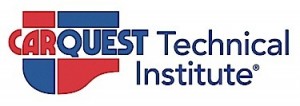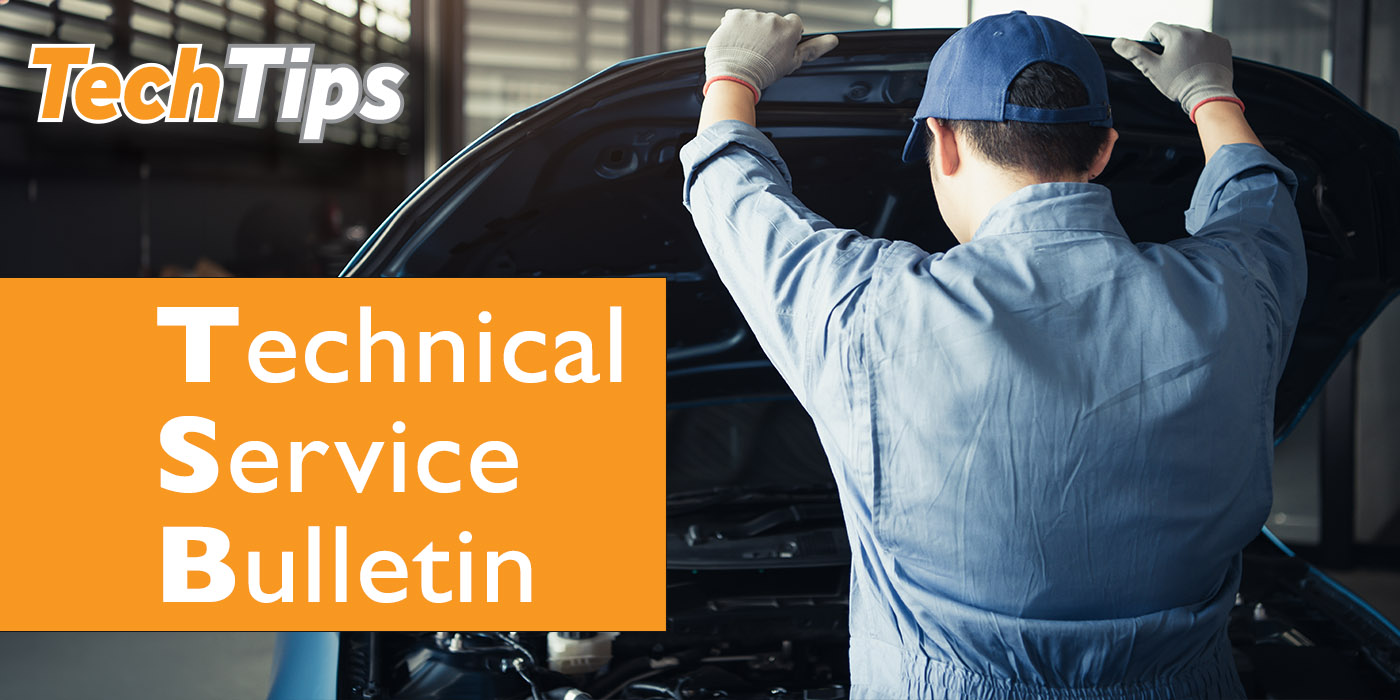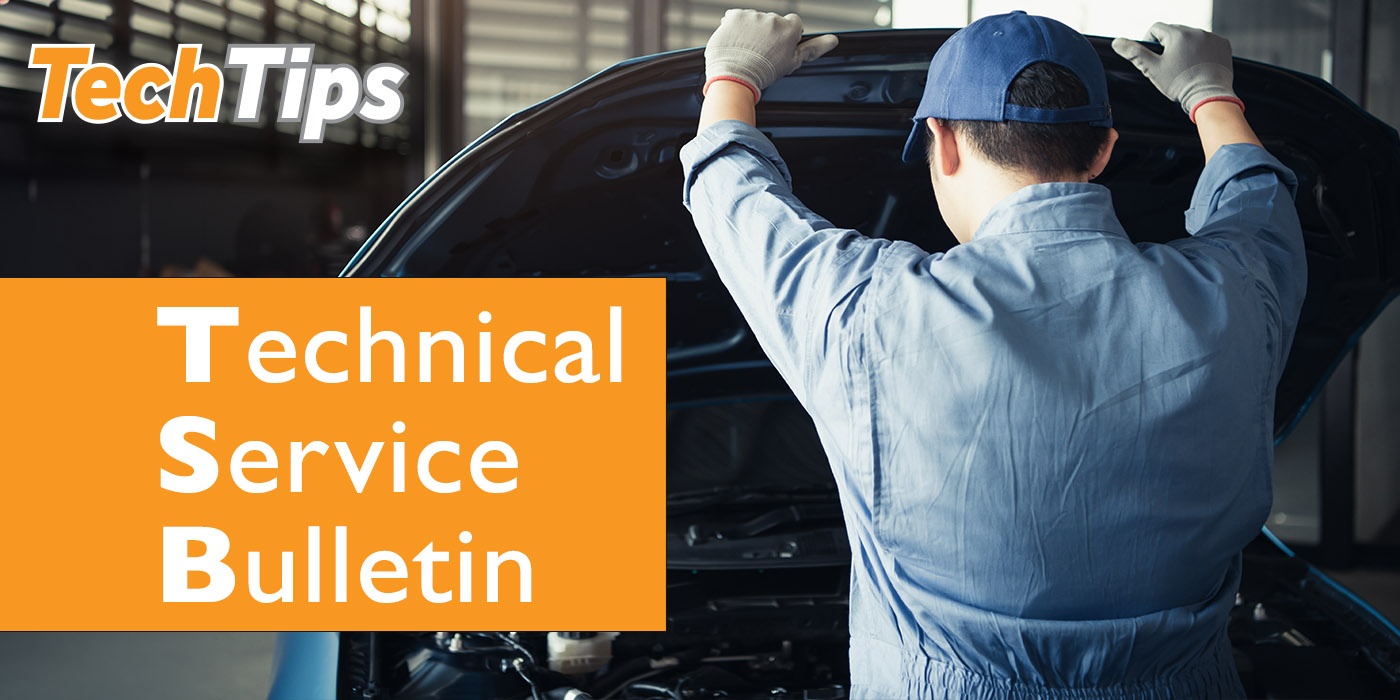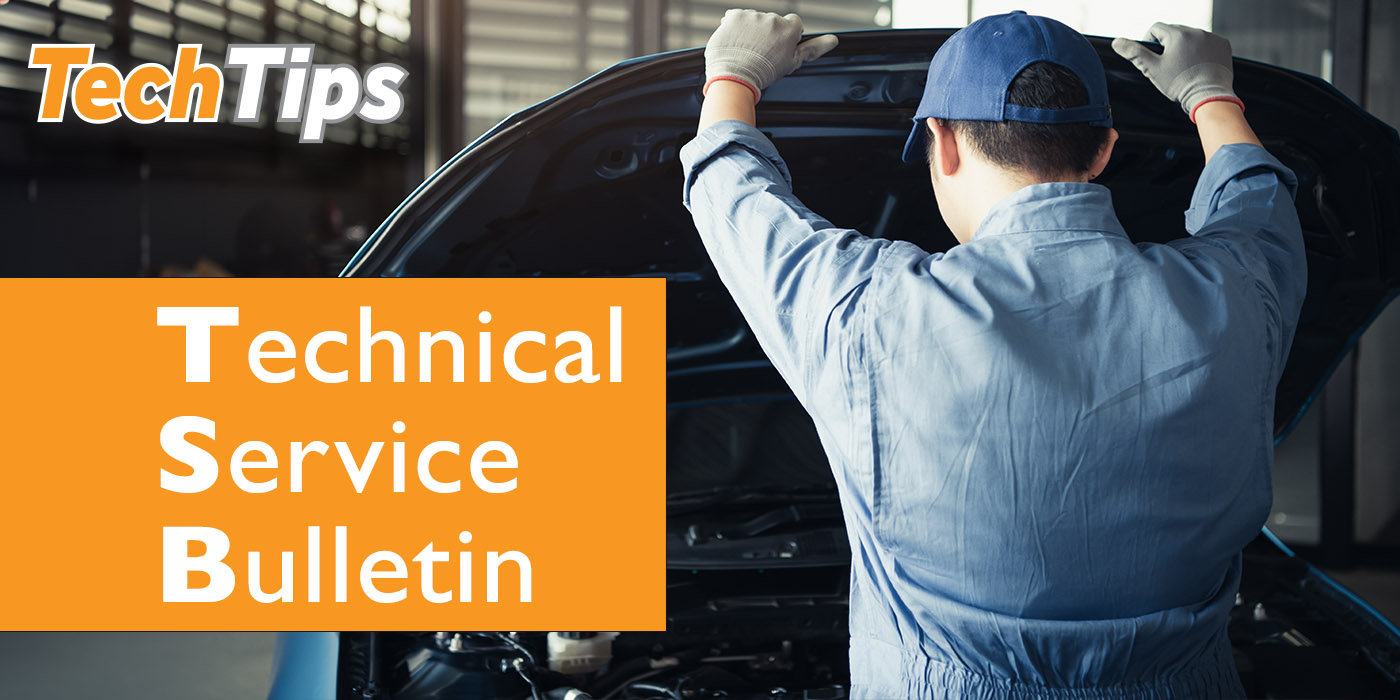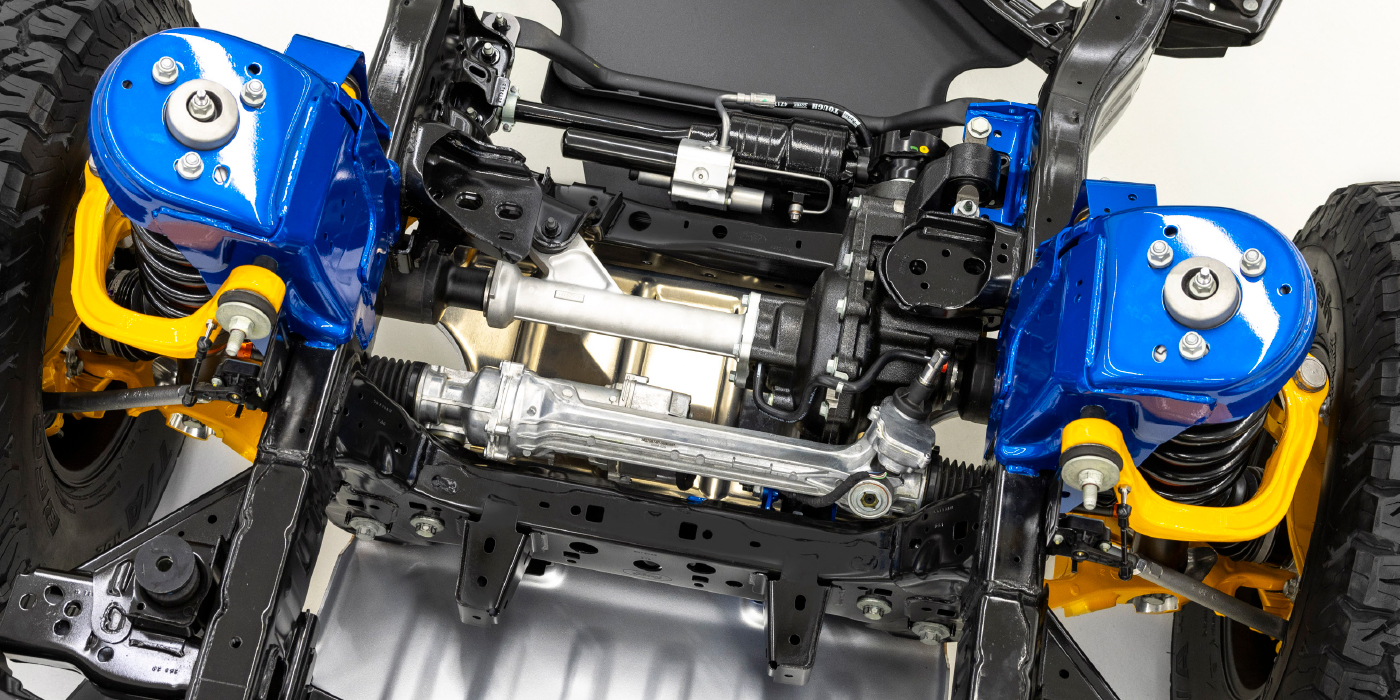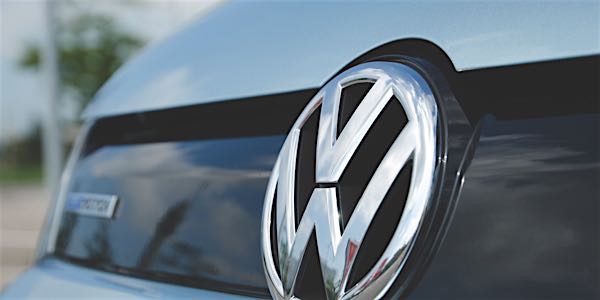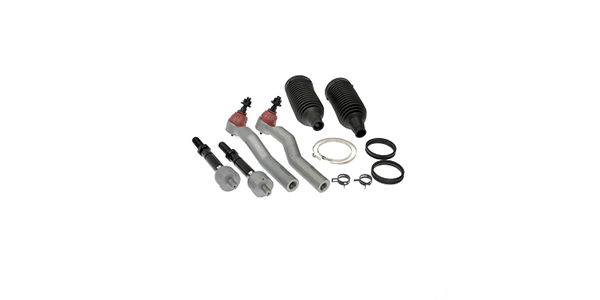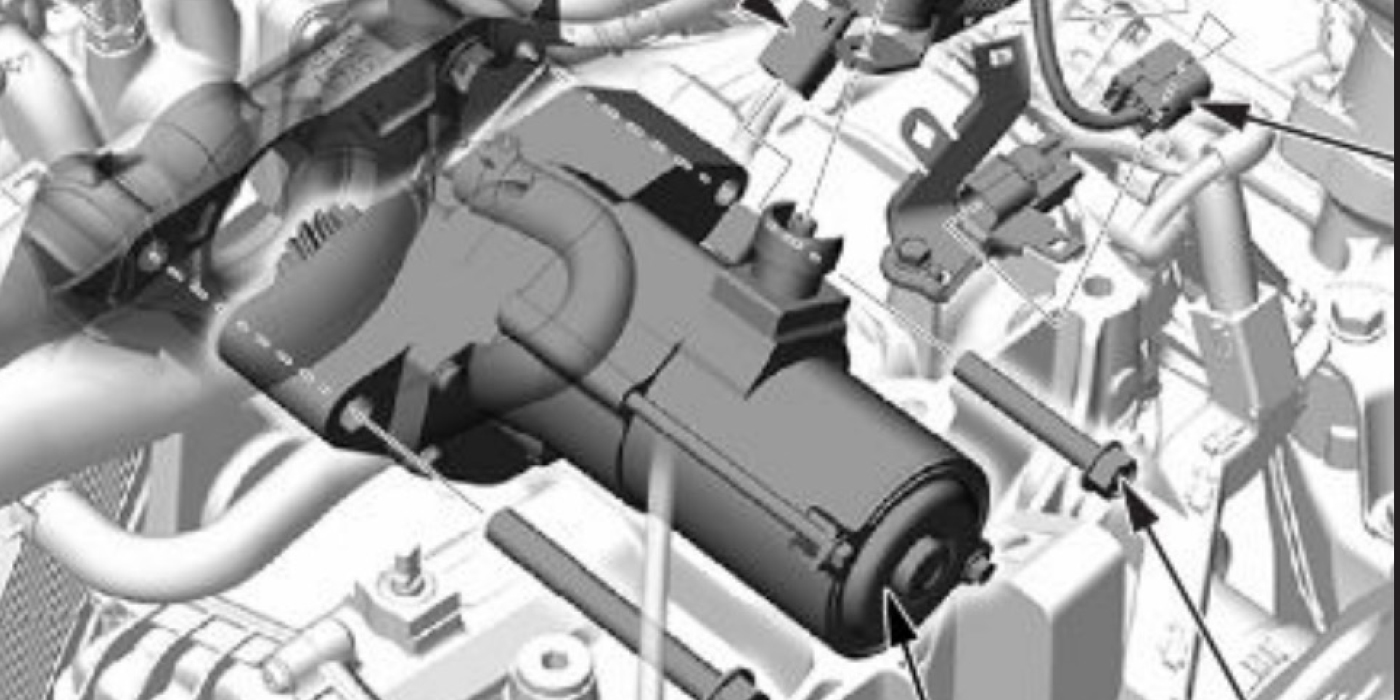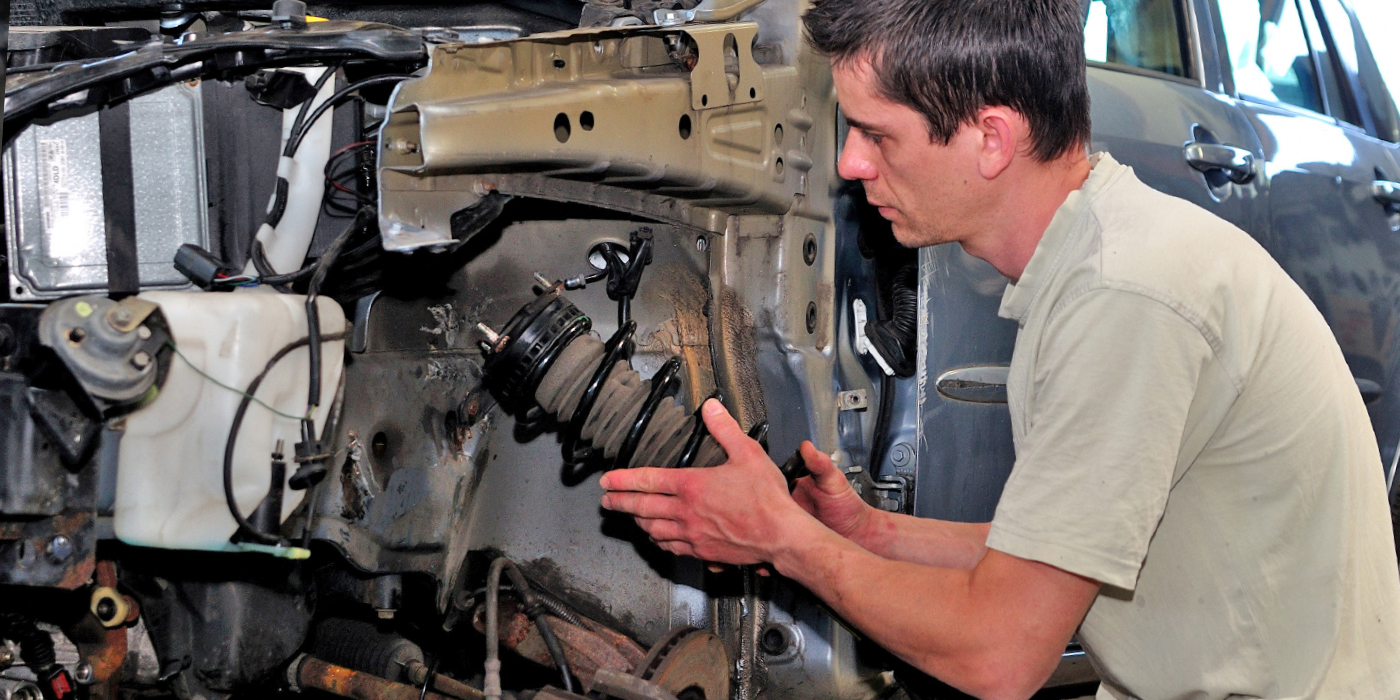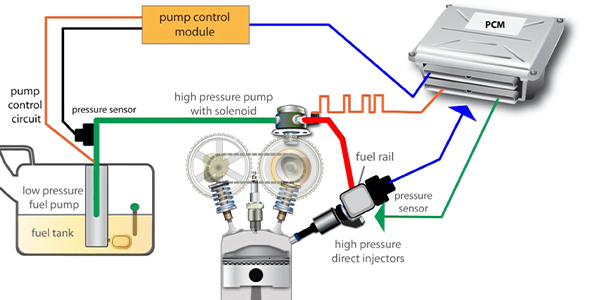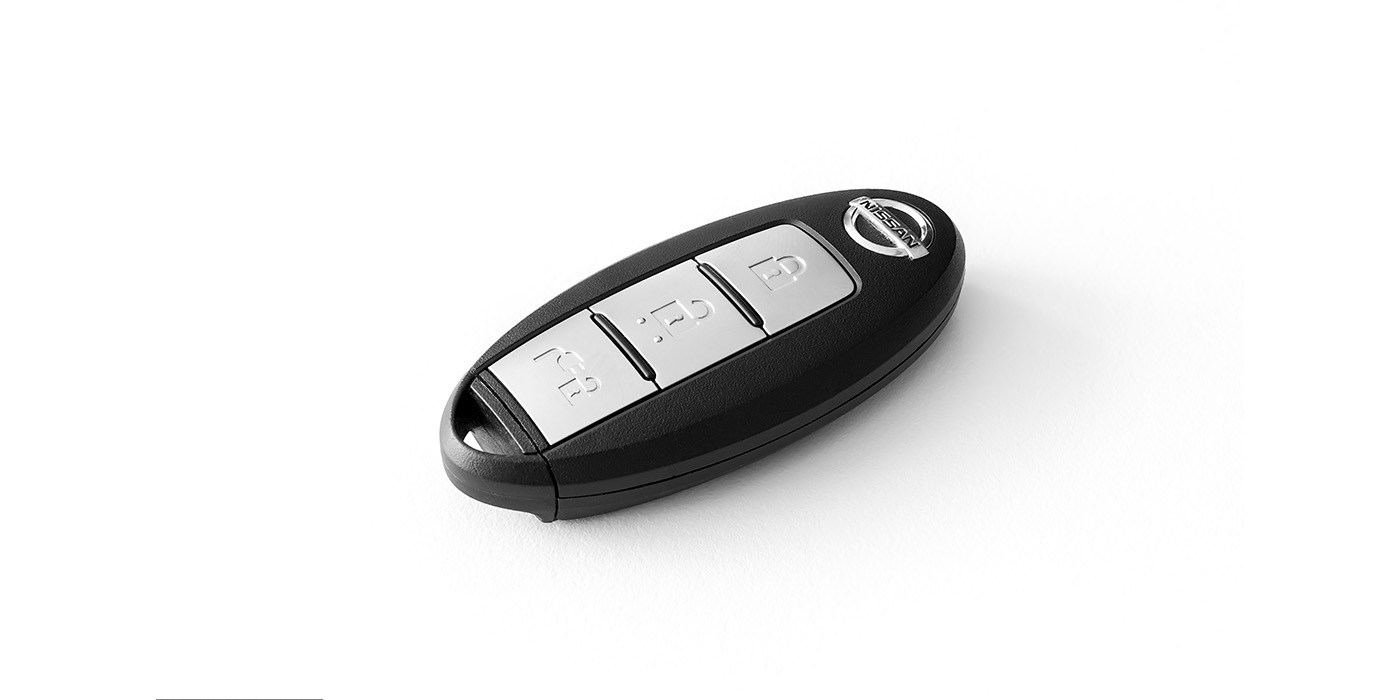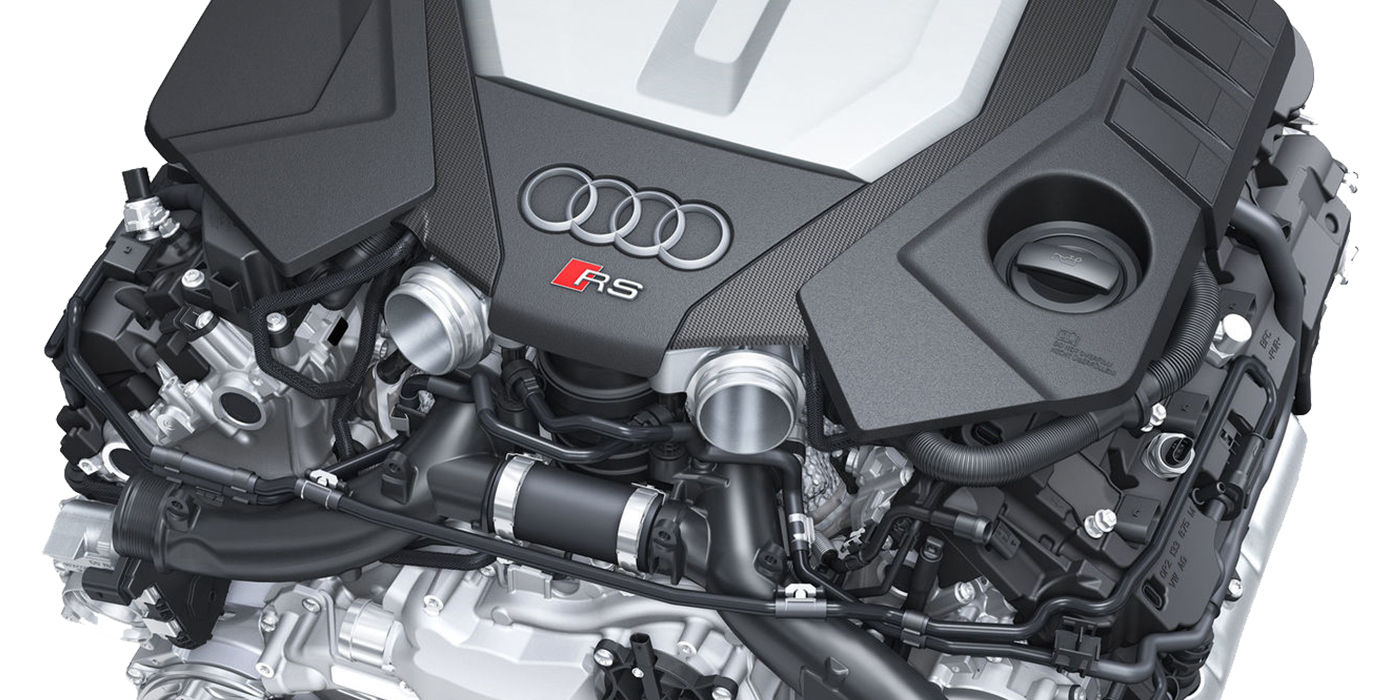You have most likely been made aware over the last few years that you need to be diligent in which oil you choose when servicing today’s modern vehicles. Hopefully your team is trained to look up the proper OEM specification for engine oil and can effectively find and verify that specification on the oil bottle or barrel. If so, great! If not, CARQUEST Technical Institute can help. But the oil is just part of the story.
We need to better understand how the other half of oil service should be managed.
The oil filter, as a result of the oil change becoming a commodity the last 20 years, has also become a highly commoditized product. Oil filter manufacturers have been pressured by shop owners and suppliers to provide an oil filter at a low cost that will perform for the length of the 3,000-mile service interval that many shops push in their oil change-plus inspection sales. This was necessary to get the cost of goods for the service at a level where the shop could at least break even. Corners were cut in oil filter construction using a filter media that was efficient enough to protect the engine for the mileage stated and by using less robust check valves. Manufacturers also consolidated part numbers by building filters that would fit multiple applications so their inventory levels were affordable. And all of this was fine, until technology brought on the arrival of the extended service interval.
New standards
For the last decade, vehicle technology has become much more complex because of the corporate average fuel economy [CAFE] standards that must be met by the manufacturers. These new standards require every engineering group at the OEM to participate in delivering vehicles that meet or exceed much more efficient standards. By model year 2017, the CAFE rating for light-duty cars and trucks must average 35.5 mpg. Today, the CAFE average for cars is 27.5 mpg. And by 2025, the CAFE rating for light duty cars and trucks increases to 54.5 mpg! This means that in the U.S. market, engineers are focused on fuel economy while simultaneously keeping an eye on emissions. The emissions of concern are primarily NOx (nitrogen oxide).
Impact on import oil service
While U.S. engineers are focused on MPG, their European counterparts are focused on particulates. Particulates are fine, microscopic particles created by combustion that find their way out the tailpipe — in layman’s terms, soot. The European market is populated with new technology diesel engines and gas direct injection (GDI)-powered vehicles that produce a lot of soot. And that’s where the dilemma occurs. Import vehicles sold in the U.S. may be equipped with engines that have an oil specification of low dynamic viscosity oil to provide the best fuel economy, or they may be equipped with a high dynamic viscosity oil designed to control soot. These oils have different additive packages, and if the wrong oil is prescribed, there is a good chance the vehicle’s engine will be damaged.
And to top it off, if you choose a low-quality oil filter, the filter may fail before the next oil change – which could be 10,000 to 15,000 miles in modern vehicles. So, if you are putting the correct oil in the crankcase but are still using a cheap filter to control costs, it’s time to rethink that strategy. It takes a lot of low- margin oil changes to pay for the damage a $2 oil filter can cause in a modern engine.
To learn more about these new technologies and available training, visit www.CTIonline.com or contact your local Advance or CARQUEST delivery location.
Courtesy of Advance Professional, CARQUEST Technical Institute.

